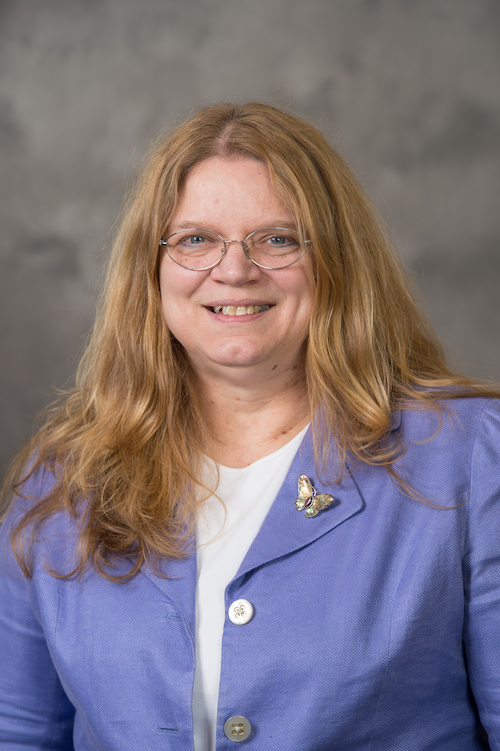The Inquiry Institute
The Inquiry Institute (I²) is a unique collaboration of science educators from the College of Education, Health, and Human Services and scientists in the Department of Natural Sciences.
Members of the group began working together informally many years ago and became an official group in 1997. About 10-12 people from the two academic units meet every other week for 10 months of the year. The Inquiry Institute has worked on numerous grants, program revisions and the development of the Master of Science in Science Education (MSSE).
Inquiry-Based Science
The Inquiry Institute has developed numerous science courses for pre-service and in-service teachers that use inquiry pedagogy as the main teaching strategy. This follows recommendations by the National Science Education Standards and the Next Generation Science Standards that teachers should learn science in the same manner that they will be expected to teach it. Therefore, all course instructors actively model hands-on, minds-on science teaching for students.
Some of the courses explicitly use the 5E Learning Cycle as a format to carry out the inquiry investigations. In addition to changing the pedagogy, the inquiry-based science courses reduced the "mile-wide, inch deep" content from a traditional survey course to a select set of key concepts based upon the new Michigan K-12 Science Standards.
Faculty Research Projects
Members of the Inquiry Institute have worked on numerous research projects. Research has focused on our overall program revisions, inquiry-based science teaching and learning, "big ideas" or unifying themes of science, research specific to the Science Capstone course (EXPS 420) or research specific to the science content courses (NSCI 231, 232, 233), pedagogical content knowledge (PCK) and assessment of content and teaching. Members have both published their research in peer-reviewed journals and presented at national/international conferences. Selected publications and presentations are highlighted below.
Read more about faculty research projects.
Student Research Projects
Action Research is a valuable part of the Science Education program at both the graduate and undergraduate level. Students in Science Capstone (EXPS 420) and Science Education Action Research (EXPS 520) complete an action research project in a school classroom. They collect data, plan and implement a course of action with school students and determine if their actions were effective. The projects are compiled into a formal written report and presented to a variety of audiences.
Read more about student projects.
Grants
National Science Foundation - The Inquiry Institute started as a result of a grant to "Institutionalize Reform," an award program sponsored by the National Science Foundation. This $200,000 NSF grant supported the work of scientists and science educators from UM-Dearborn and the science coordinator from a local K-12 school district who undertook the initial reform of the science education program for pre-service elementary teachers.
FIPSE - The Inquiry Institute applied for and was awarded a FIPSE (Fund for the Improvement of Post-Secondary Education) grant ($349,000) to create and offer the Science Capstone course (at that time a unique course in the United States). The Inquiry Institute recognized that many UM-Dearborn students transfer from local community colleges and that these transfer students would benefit if our reformed science content courses were offered at the community colleges.
Eisenhower - The Inquiry Institute recognized that many UM-Dearborn students transfer from local community colleges and that these transfer students would benefit if our reformed science content courses were offered at the community colleges. We received two Eisenhower grants from the State of Michigan ($51,000 and $87,000) to train community college science faculty to teach using inquiry pedagogy. We co-taught our content courses with community college faculty to enable them to gain experience with inquiry-based teaching in order to offer our courses at their institutions.
Inquiry Institute Teaching with Technology (I2T2) - Dr. Stein Brunvand was awarded a Faculty Research Initiation and Seed Grant to work with Inquiry Institute faculty to integrate state-of-the-art technological innovations in undergraduate science courses. 15 Apple iPads were purchased to use in science courses with pre-service teachers, with faculty learning to integrate new technology to enrich science teaching and learning.
Contact

Susan Everett, PhD
Assistant Dean for Assessment and Accreditation; Professor, Science Education
313-593-5133
everetts@umich.edu
